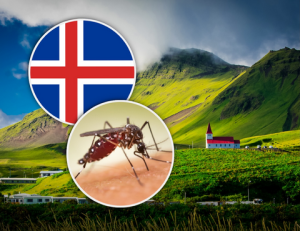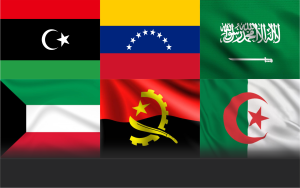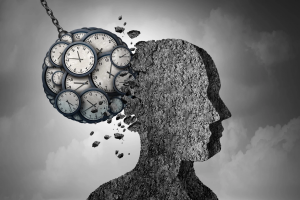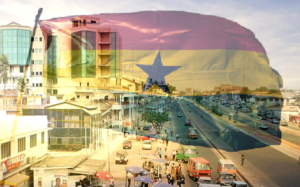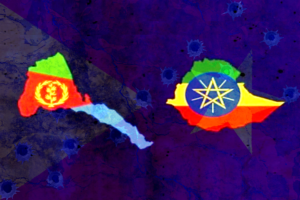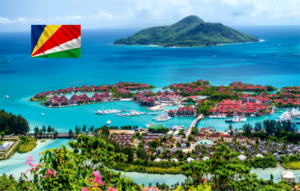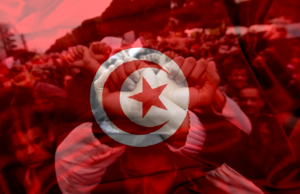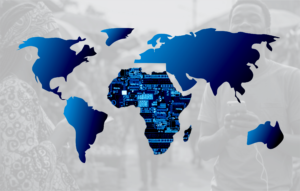Mass Protests Sweep US and Europe Against Trump’s Authoritarian Rule
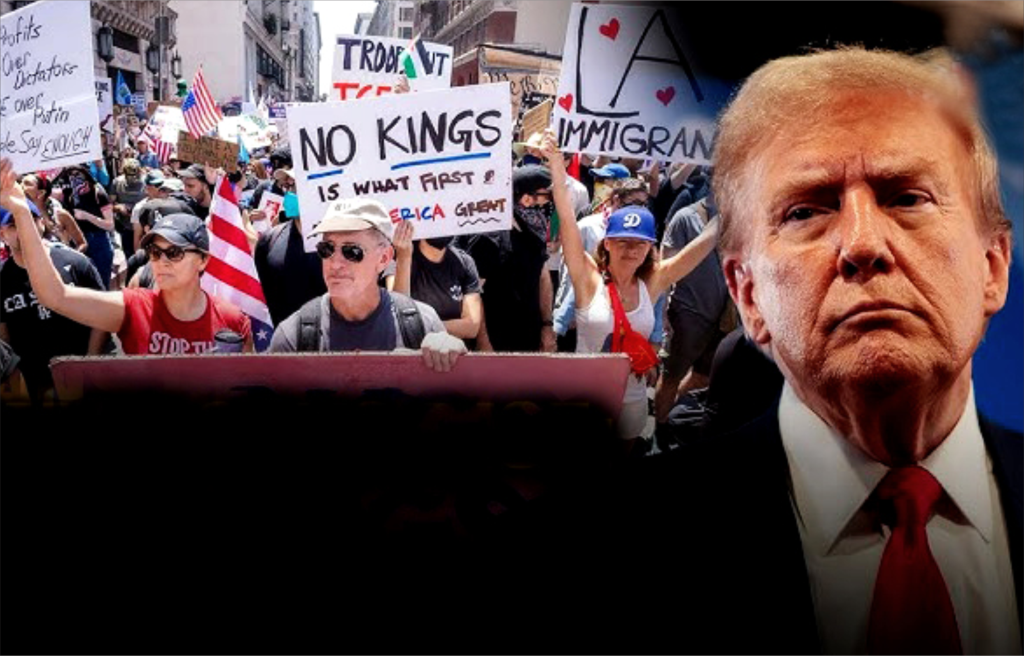
Tens of thousands of demonstrators poured into the streets across the United States and Europe over the weekend in one of the largest coordinated protest movements of the year, denouncing what they describe as President Donald Trump’s ‘authoritarian rule’ and the steady erosion of democratic norms.
Under the banner No Kings, more than 2,600 rallies took place in cities from Washington, DC and New York to Los Angeles, Boston and Portland. Protesters waved signs reading ‘Democracy, Not Dynasty’ and ‘No Kings in America’, accusing the Trump administration of consolidating power through policies they say undermine constitutional checks and balances, from economic challenges to birthright citizenship, to intensified immigration raids and attacks on the independence of the judiciary. On of Michigan residents who attended the protest in the US, Debbie Rosenman stated that – “The Founders built this country to reject monarchy. We’re here because loving America means standing up when its principles are under threat.” An outdoor procession of remonstration with global echoes.
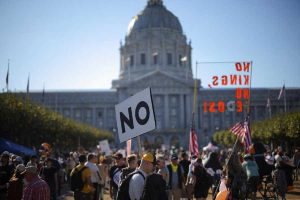
The protest drew simultaneous parallel demonstrations in European capitals, including Berlin, Paris, Lisbon and Madrid. Protesters there voiced alarm at what they see as Trump’s disregard for democratic institutions and his impact on global governance. A protester in Berlin said – “When America turns inward, the whole world feels it”. While he was holding a sign that read ‘Democracy Is Borderless’.
Regardless of political dimensions, many families marched to express personal fears about the future with what President Donald Trump is doing at the moment. Parents brought children wrapped in flags or holding handmade posters calling for ‘Freedom for All’; saying they worry about the world their children will inherit. Immigrant communities, in particular, described living under constant uncertainty, with the abuse of cultural and social undercurrents through political display.
Most people believe the protests have transcended political statement to a cultural flashpoint. Artists, musicians and faith leaders joined the marches, framing the movement as a moral reckoning over truth, justice and identity in modern America. Social media platforms amplified the message, with hashtags like #NoKings and #SaveDemocracy, trending globally. Some sociologists noted that these demonstrations reflect great societal anxiety about socioracial disparity, polarization and a perceived decline in civic trust.
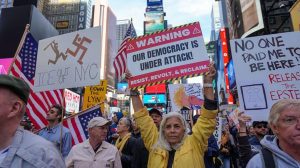
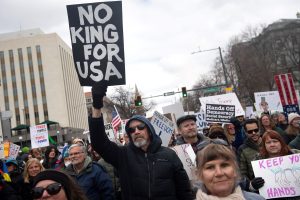
The protests also understate a growing unease in corporate and diplomatic circles. Business leaders, wary of instability, have urged restraint and dialogue, while European governments are quietly monitoring the unrest for signs of transatlantic strain. Psychoanalysts suggest the widespread protest could influence the upcoming election cycle by energizing grassroots movements and reshaping public debate about the limits of executive power.
The White House dismissed the demonstrations as a ’hate America’ event. Nonetheless, many participants framed them differently as a defense of American ideals.
As dusk fell and chants of ‘No Kings, No Fear’ echoed through city streets from Washington to Berlin, the protests exposed a moral and cultural struggle over democracy itself, unfolding in real time across continents.


